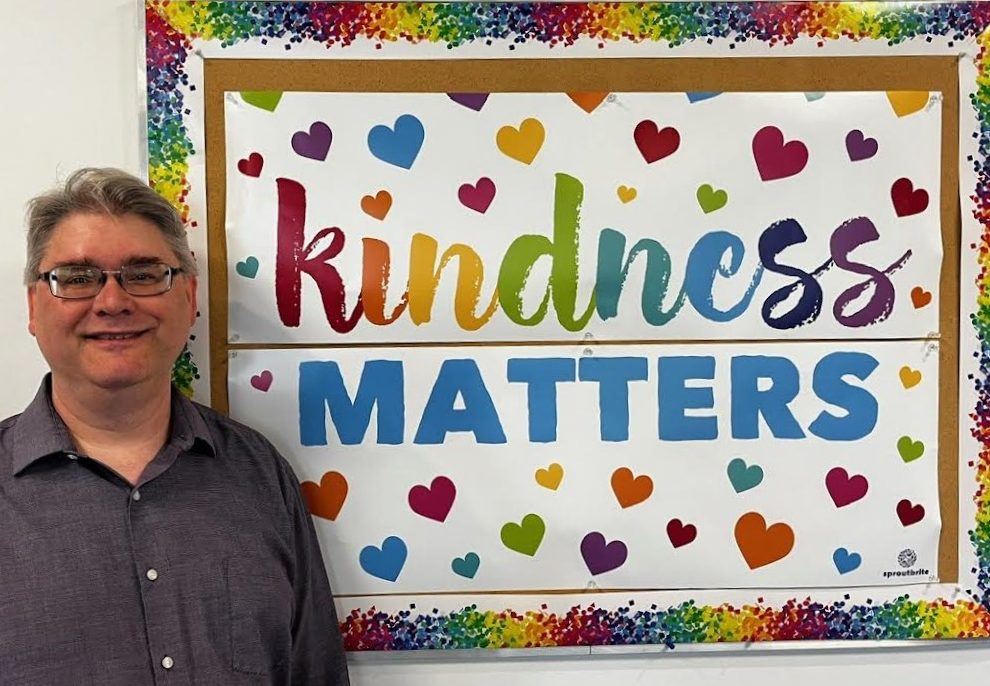Sermons, 2025-26
Sermons 2025-26

The System Works as Designed – January 18, 2026
MLK Jr’s message against militarism, racism, and materialism continues to be prescient. Not because things keep getting corrupted, but because our political and social systems are functioning as designed. Perhaps we can stop trying to fix things and start building new.
Tea and Purpose – December 14, 2025
A new Sci-Fi book I am reading has a robot ask: “What do human’s need?” Good fiction can get us pondering deep questions and uncovering big possibilities. How would you answer? What do you see that we need?
How We Are Made – November 23, 2025
Enter the season of Thanksgiving with gratitude and join in the communion and community of all. We are the elements mixed together like dough. We are the bread, and we participate in all that is life.
To Preserve What Is Sacred – November 9, 2025
Despite the troubles around us, we must throw our lot in with those who “reconstitute the world” as Adrienne Rich put it. How do we do this? We love one another and share our joy, we protect freedoms and stop harm, and we practice the change we long to see in the world.
Sometimes, Things Break – September 28, 2025
Sometimes healing does not happen, sometimes it feels more important to be right and to point out who is wrong and the many, many ways of their wrongness. Or we can be open to a different future.
Do Not Oppress the Foreigner – September 14, 2025
The Bible repeatedly sanctions believers to treat vulnerable people in a fair and just way – particularly widows and orphans, the poor, and foreigners. Our current administration’s immigration policies and practices are deeply anti-Christian and immoral.
To Save or Savor -August 31, 2025
E. B. White once said, “I arise in the morning torn between a desire to improve (or save) the world and a desire to enjoy (or savor) the world. This makes it hard to plan the day.” In the full quote, White decides that savoring is more important. This Labor Day, let us consider how to plan our days.
To Know and Be Known – August 24, 2025
I am well convinced that the main reason people are part of this congregation is to be part of a community. Yes, the thought-provoking sermons are important, and the justice work and inclusivity are key pieces, and the invitation into an authentic spirituality matters a lot. But across the board – everyone wants to be part of the community. How do we accomplish that?
—
